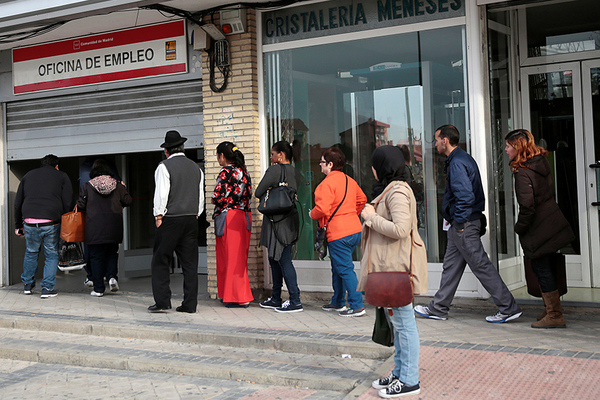LISBON; AND MADRID — Duarte Machado is making close to 750 euros ($840) a month – about $10,000 annually – at a lobbying firm in Lisbon. But despite the low pay, he considers himself fortunate.
“I used to think that the best and brightest would always find a way, and that’s not true,” he says. Mr. Machado found his current job only after a series of unpaid or barely paid internships, as well as a full year of unemployment. And without a contract, he has little hope he’ll have his post past the end of this year.
“I was a good student, I have a master’s degree, I was involved with the student’s council, I worked as a volunteer in poorer neighborhoods, I have letters of recommendation from important people in this area – former employers – and it still didn’t work.”
He says he considers himself lucky given how many friends he knows are working for free. Then he corrects himself. “We’re so used to this, we don’t even know anymore.”
Mr. Machado is part of the new class of restive young workers that is causing upheaval in domestic politics across Europe. While in other parts of Europe, like Slovakia, frustration has been channeled to the far right, in Portugal and Spain it has bolstered the left. There, in response to the surge in youth unemployment caused by the financial crisis and austerity, activists are fighting against becoming a “lost generation” by advocating for dignified jobs, even as they are forced to recalibrate expectations about what a European lifestyle is supposed to look like.





